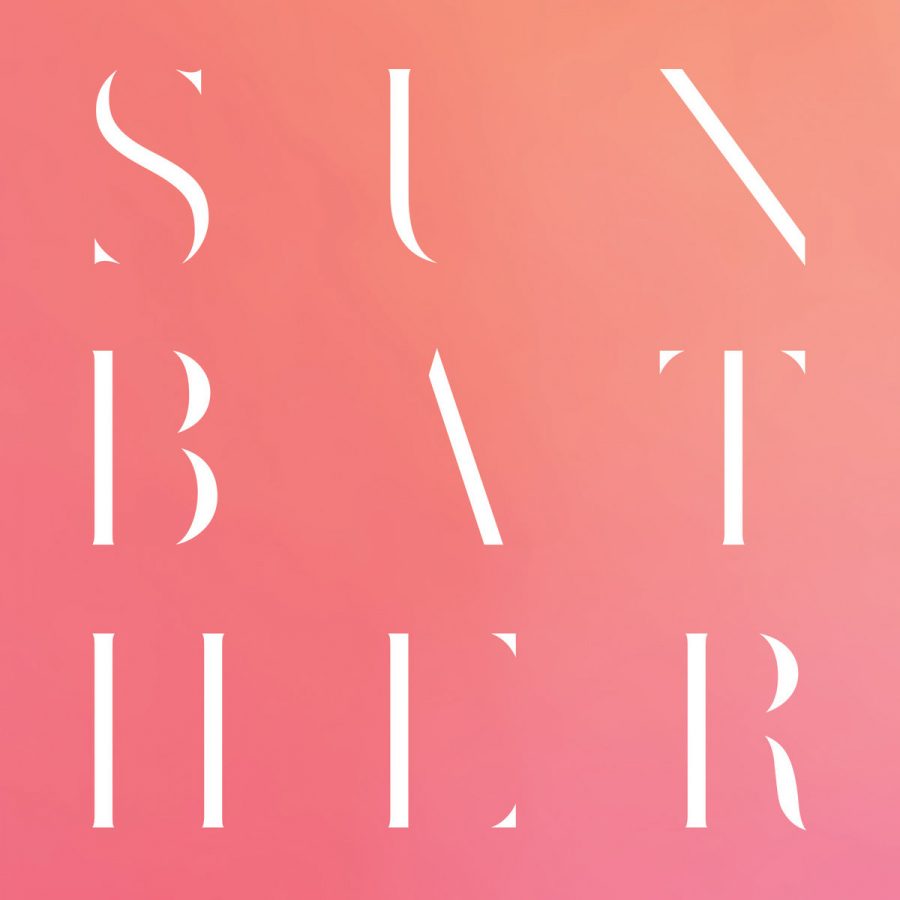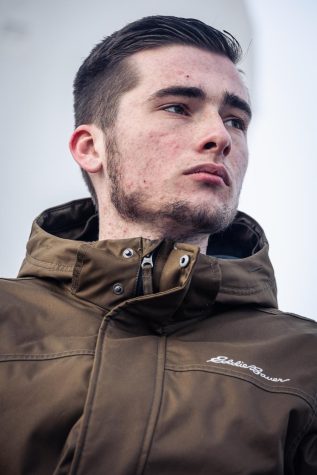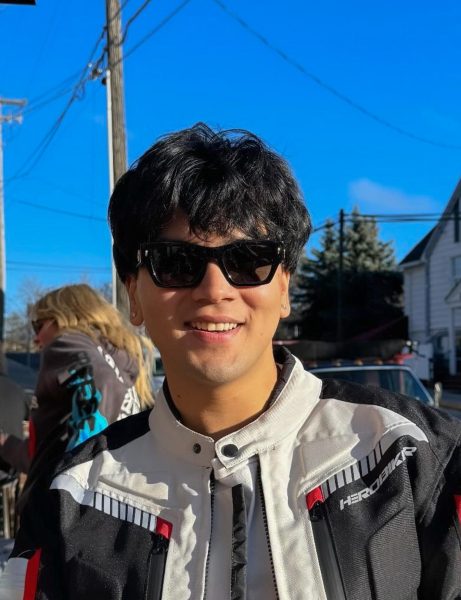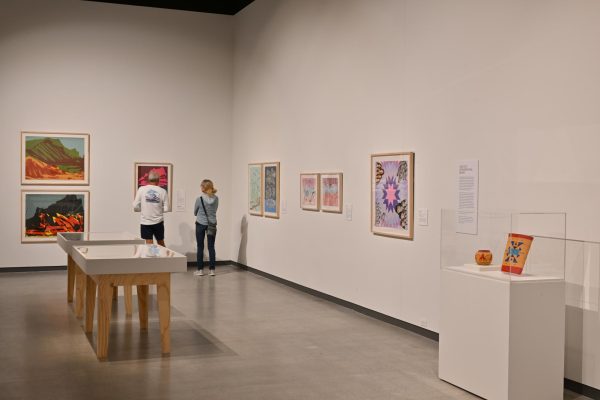Album review: ‘Sunbather’ by Deafheaven
Album helped columnist through COVID-19 isolation
In this album without explicit lyrics, the artist screams for a different life.
September 23, 2021
Back when I wrote my series “The Search for the Greatest” last year, I had to cut some albums after overestimating how many weeks of the term were left.
One of the albums I cut, unfortunately, was one I was very excited to talk about. Since this is the special mental health edition, I can finally share this album.
Deafheaven is a band whose sound can only be described as a combination of black metal and shoegaze. The band formed in San Francisco in 2010 and is currently composed of vocalist George Clarke, guitarist Kerry McCoy, drummer Daniel Tracy, guitarist Shiv Mehra and bassist Chris Johnson.
While the band has seemingly fallen off the rails in terms of music quality, its second studio album is something out of this world. The band released this project, “Sunbather,” in June 2013.
When I first arrived at WSU in August 2020, I stayed in a suite in Honors Hall. Because of the pandemic, I was placed in a room all by myself. The suite contained two other rooms, a kitchen and a bathroom. I had an entire suite all to myself, with pretty much no one else living anywhere on my floor.
I had never felt lonelier in my entire life. The campus was so empty, and I had multiple days where a single word didn’t come out of my mouth. Every day was simply a repeat of the last: get up, sit in front of a computer for most of the day, get food, go to bed. My mental health drained to a point where I started to wonder if I would even make a single friend in my college years.
The only way I was able to survive this time in my life was with the help of two albums: Interpol’s “Turn on the Bright Lights,” which I talked about last year, and “Sunbather.”
The moment I heard the opening riff to the first track, “Dream House,” I immediately felt a connection to the album. The wall of sound the guitars produce on the album creates a heavenly atmosphere akin to a warm blanket. The track’s technical drum work adds a cascade of emotions that rain down on the listener, adding more depth to the track.
The third track, “Sunbather,” has one of the most beautiful chord progressions I have ever heard in my life. The E major progression in the first half of the song comforts the listener. The progression is the equivalent of someone telling you, “It’s okay, you’ll make it through this.”
The juxtaposition of guitar riffs in a major key with Clarke’s screaming creates a feeling of existential dread mixed with hope. Clarke’s screaming sounds like a man screaming for a different life, a life in which he can be what he wants and do what he wants. As much as he screams, however, he is stuck in a world that cannot confine to his desires.
It is almost impossible to hear what Clarke’s lyrics even describe, but the tonality of his delivery eliminates the need to understand what he is trying to express. This ability to somehow convey emotion without even hearing explicit lyrics is something no other work can accomplish.
Without this album, I don’t think I could have motivated myself through those four months. I was able to dig myself out of a hole I didn’t think I could escape from. This album is proof music doesn’t have to be a form of media people use to dance or relax. Music can be used as a form of therapy.
I still listen to this album regularly. The album reminds me that whatever happens next, I will be able to power myself through it.


















